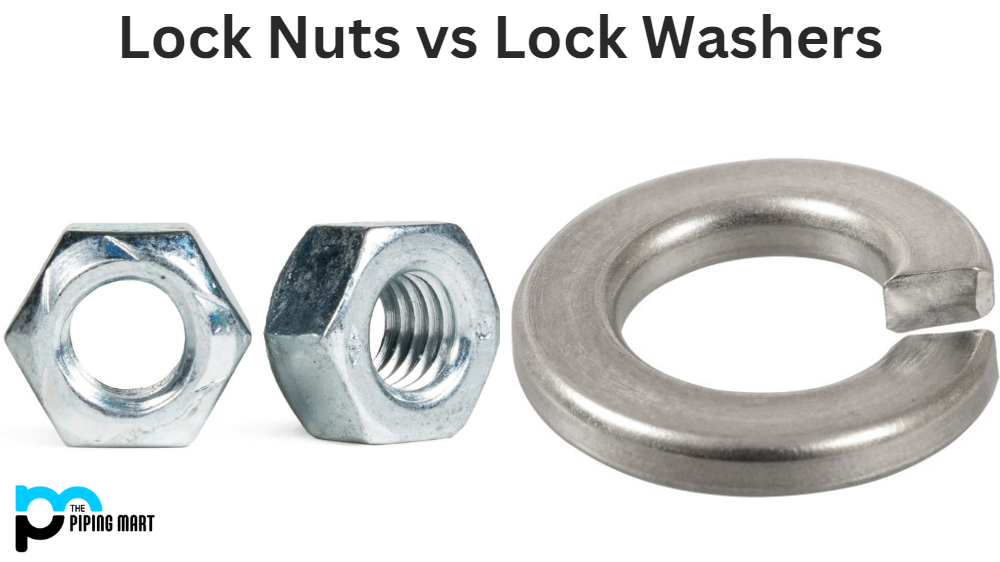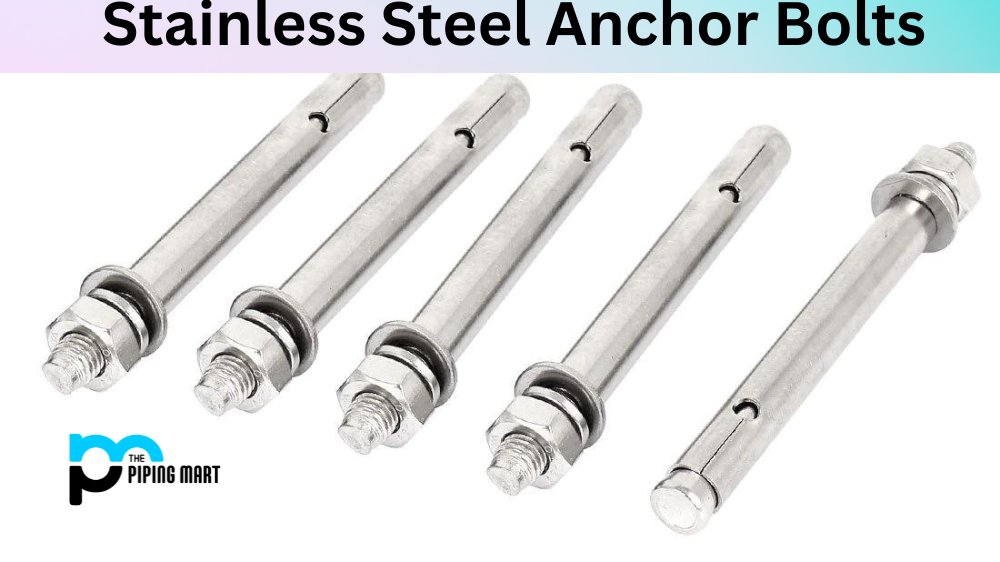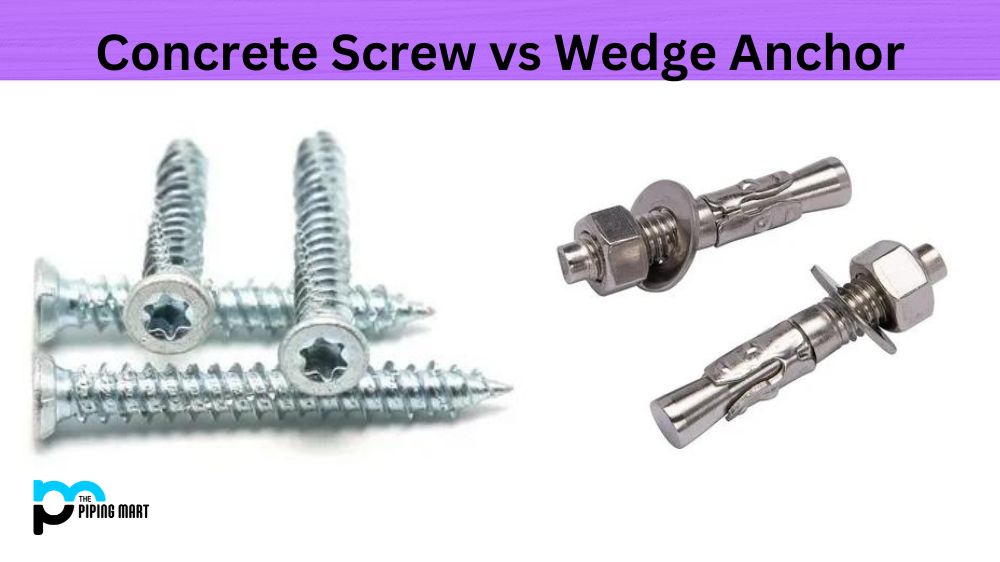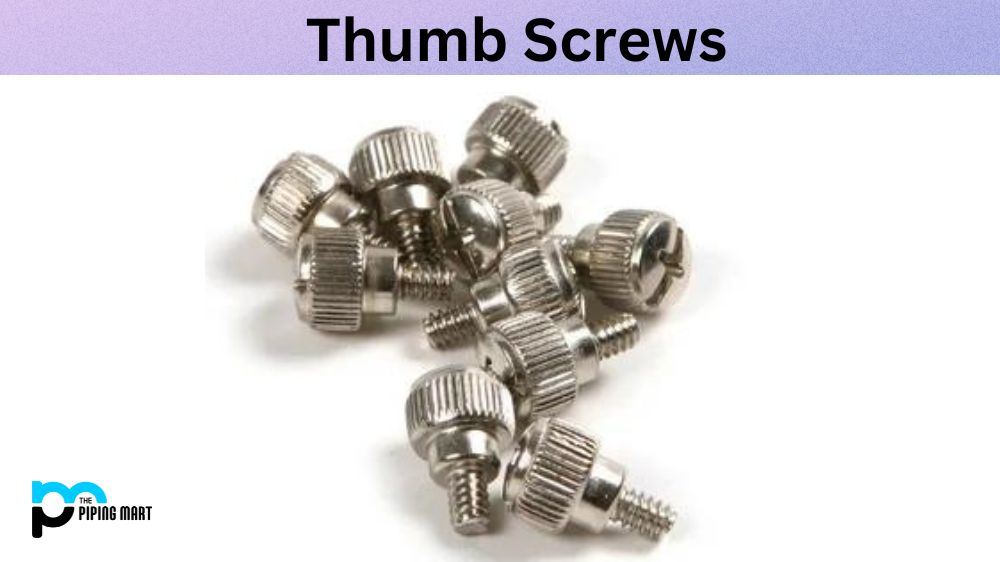If you are new to home maintenance and DIY projects, you may wonder what the difference is between lock nuts and lock washers. Both are essential elements in any do-it-yourself project, but they serve two very different functions. Let’s take a look at how these two tools differ from one another.
What is Lock Nut?
A lock nut is generally used to secure bolts or screws into place on whatever you’re working on. It’s designed with internal threads that create frictional resistance when it’s tightened against the bolt or screw thread. This helps keep things from loosening over time due to vibration or movement. The most common type of lock nut is a hex nut, which has six sides for easy gripping when using a wrench or socket.
What is Lock Washer?
A lock washer provides an extra layer of protection against vibration or movement that can cause bolts or screws to loosen over time. It is placed between the bolt head and the material being fastened together, creating tension that keeps everything in place even if there is some movement in the parts being joined together. Several types of lock washers are available, including split-ring, wave, star, and tooth washers; each type has its unique design that helps provide optimal strength and security against vibrational forces.
- A lock nut is a type of nut that is used to secure a bolt or screw in place. It typically has a hexagonal shape and is made from steel or another metal.
- A lock washer is a type of washer that is used to secure a bolt or screw in place. It is typically star-shaped or circular and made from steel or another metal.
- Lock nuts and lock washers are used to prevent bolts or screws from being loose.
- Lock nuts are typically tightened by hand, while lock washers must be tightened with a wrench.
- Lock nuts are available in different sizes, while lock washers are only available in one size.
- Lock nuts are more expensive than lock washers.
Conclusion:
Lock nuts and lock washers are both essential components of any DIY project. A lock nut provides frictional resistance when tightened against a bolt or screw thread to keep things from loosening due to vibration or movement. In contrast, a lock washer creates tension between the bolt head and the material being fastened together for added protection against vibrations. When choosing which one you need for your project, consider your application carefully to get the best possible results!

Abhishek is a seasoned blogger and industry expert, sharing his insights and knowledge on various topics. With his research, Abhishek offers valuable insights and tips for professionals and enthusiasts. Follow him for expert advice on the latest trends and developments in the metal industry.




